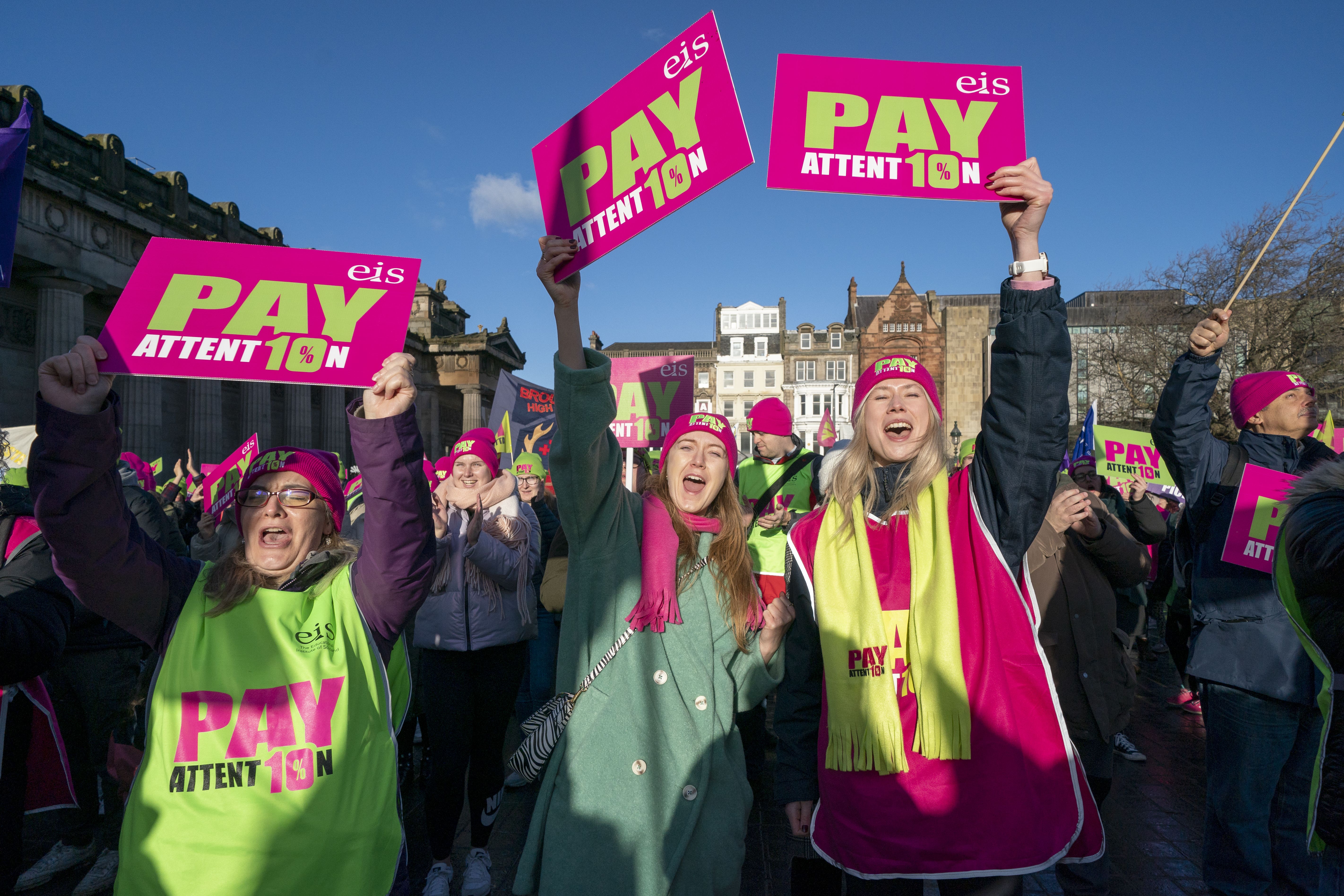Minimum wage increase for 1.7m workers – but rises ‘wiped out’ by inflation
‘As employers give pennies, government is taking pounds with end of energy bills help’

Around 1.7 million workers will get a “significant” pay boost when the national minimum wage (NLW) increases from Saturday – but food price inflation continues to outstrip rises in earnings during the cost of living crisis.
A 92p rise to £10.42 an hour for workers aged 23 and over is equivalent to a near 10% increase, the Resolution Foundation said.
It’s the biggest annual cash rise in the 24-year history of the minimum wage and one of the largest annual percentage rises.
However, it comes as Labour research shows the cost of everyday essentials has gone up by £3,500 over the last three years.
The party said housing, fuel and power have gone up by £1,480 since December 2019, while food and non-alcoholic drinks have increased by £700, based on ONS data.
Clothing and footwear costs have gone up by £140, while household goods and services have gone up by £360 and transport costs have soared by £800.
Around 1.7 million workers currently earning up to 5p above the current minimum wage will directly benefit in full from the increase in the NLW, though potentially another five million low-paid workers will benefit indirectly from its ‘spillover’ effects as employers look to maintain differentials between pay bands.
The minimum wage was introduced in April 1999, when it was £3.60 for workers aged 22 and over.
TUC general secretary Paul Nowak said: “Everyone who works for a living deserves to earn a decent living, but this below-inflation increase to the minimum wage is not going to lift the pressure on hard-pressed families.
“A large chunk is going to be wiped out by soaring energy bills, and with food prices shooting through the roof, many low-paid workers will not see a positive difference in their spending power.”
The Living Wage Foundation said 12,000 employers already pay the voluntary ‘real’ living wage of £10.90 an hour and £11.95 in London.
A worker earning the statutory rate would need an extra £936 a year to bring their income in line with the voluntary figure, according to its research.
Katherine Chapman, director of the Living Wage Foundation, said: “This significant rise in the national living wage is a welcome boost to ease some of the pressure inflation continues to pile onto low-paid workers.
“It remains lower than the real living wage which is based on the cost of living. The good news is we have seen record numbers of employers signing up to pay the higher real living wage to protect their lowest paid staff during these tough times.”
The End Fuel Poverty Coalition estimated that the benefits of the first 73 hours of work each month under the updated national living wage will be "wiped out" by the energy bills increase, which also comes in from April 1.
Simon Francis, co-ordinator of the coalition said: “As employers give people on the NLW pennies, the government is taking pounds out of their pocket due to the end of the energy bills support scheme.”






Join our commenting forum
Join thought-provoking conversations, follow other Independent readers and see their replies
Comments